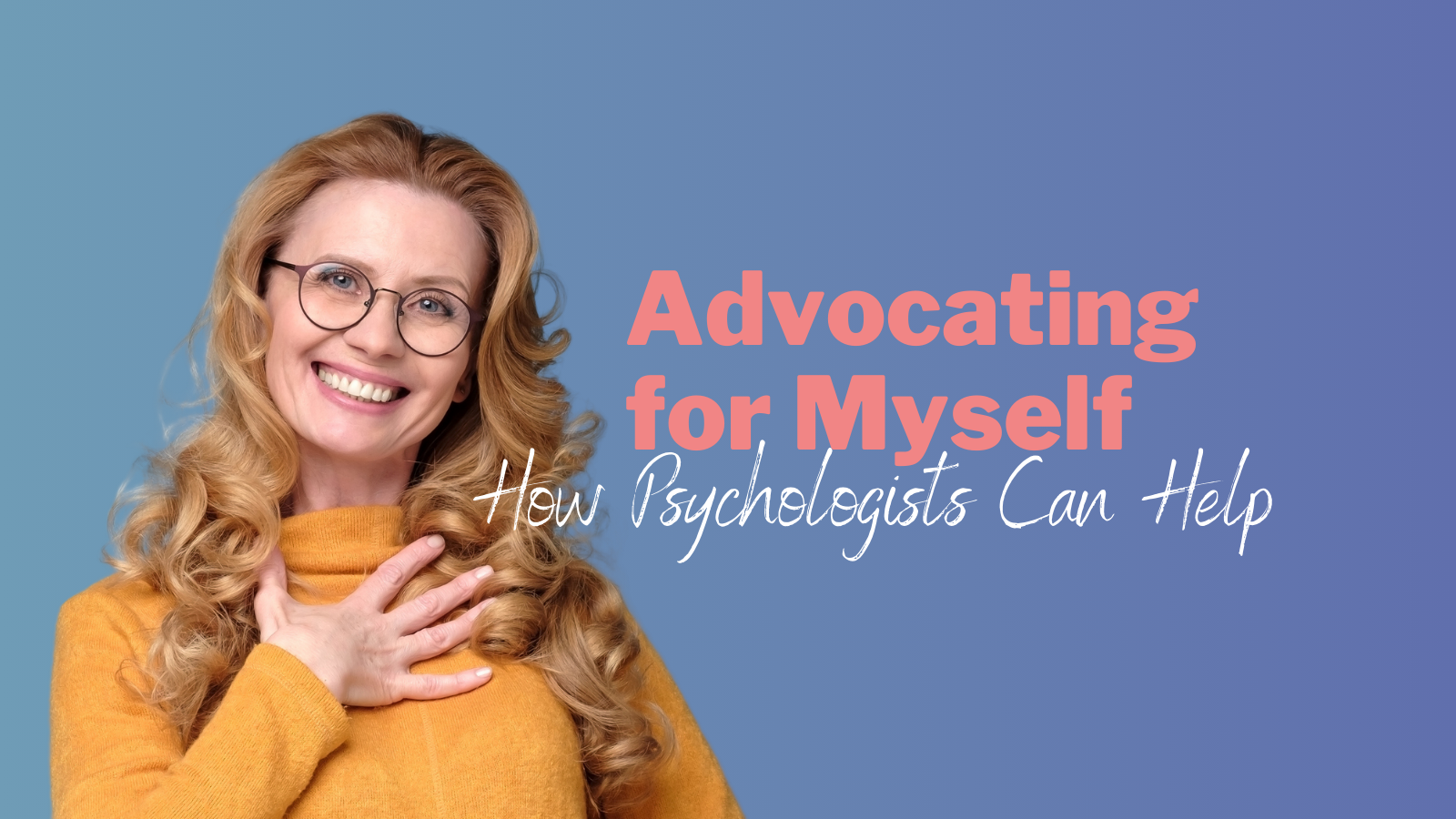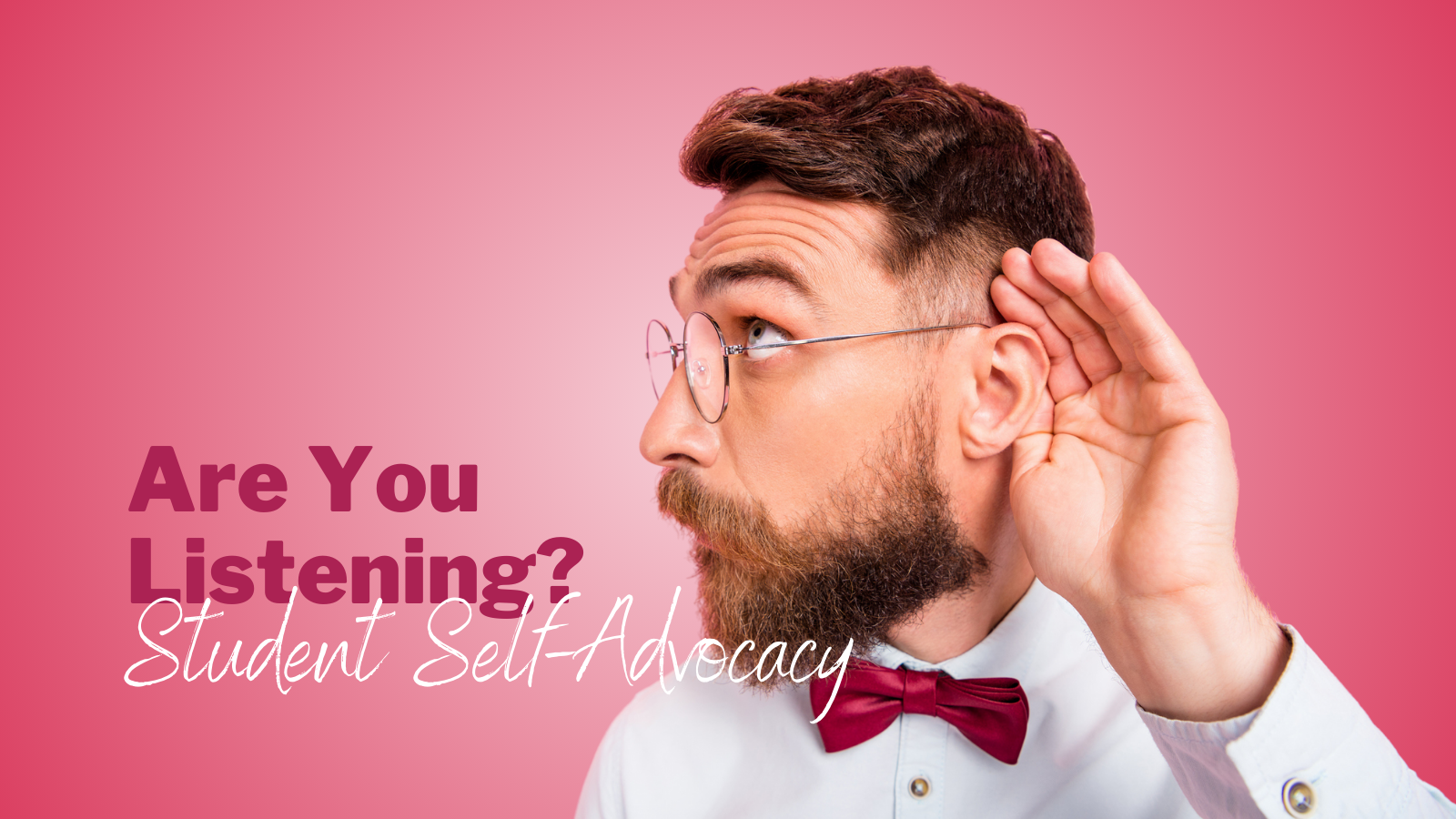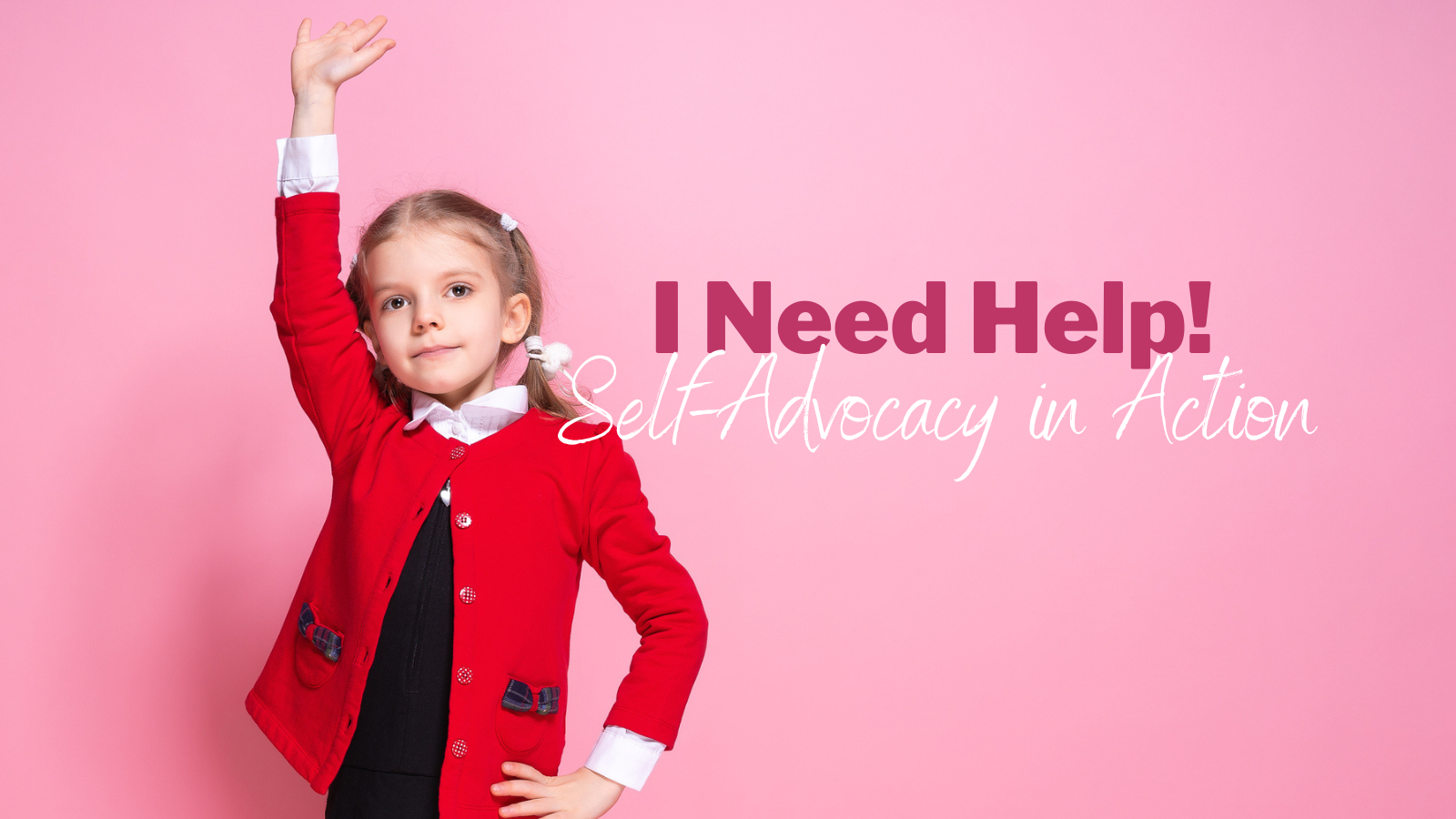What is burnout?
“Burnout is a state of emotional, physical and mental exhaustion caused by excessive and prolonged stress.” (Centre for Addiction and Mental Health Canada.) It sounds bad and it is. It can make you unable to function in all aspects of your life from personal relationships to work to everyday tasks like grocery shopping or laundry. For anyone with a Learning Disability or ADHD, the risk for burnout is even higher.
Well, no one wants that.
In this article, our Supports for Adults Team describes what burnout looks like for adults with literacy challenges, adults with ADHD and post-secondary students. Most importantly, they detail how to recover from burnout and prevent it from happening again.
What are general symptoms of burnout?
Burning out is an apt metaphor. It brings to mind a sputtering flame, the dimming ashes of a fire, a candle with its glow extinguished sending up a tendril of smoke.
But what does that look like in people? Generally, it just feels like everything is harder to do and there is nothing left in you to reignite that once bright, energetic blaze.
Common symptoms:
- Feeling emotionally drained, disillusioned and tired.
- Sleeping poorly.
- Lacking appetite or getting sick more often.
- Feeling self-doubt or like a failure.
- Feeling helpless or alone.
- Feeling empty, unmotivated and hopeless.
How do reading challenges play into burnout?
We live in a more heavily text-based world than at any other time in history. Words are continuously delivered to us in a huge variety of forms: books, magazines, policy and instruction manuals, forms, store fronts, road signs, billboards, bus advertising, menus, Google, social media, emails, text messages, etc., etc., etc.
We read all day long.
Unfortunately, this barrage of text is not comprehensible to everyone. If you are an adult with reading challenges, you may struggle to sound out words and spell them; others find it excruciatingly difficult to understand what they read. Or, if they manage to read and understand what they read, they feel mentally exhausted after just a few paragraphs.
When struggling to read, adults often become so overwhelmed that they will also struggle to remember, think about, or use the information they have just read. When reading stories, they struggle to empathize with people and emotions they read about or decide the effort is too much and miss out on stories altogether. They avoid filling out forms, deciphering instructions, going to restaurants. It can feel like living at the periphery of our text-based society.
What’s more, adults with reading challenges often blame themselves for struggling to read: lazy, stupid, not persistent enough – perceptions that spill over into other areas of their life. Reading difficulties are truly overlooked and under-discussed causes of emotional burnout.
The good news?
Reading struggles are treatable, and there is help! The first step is to recognize the link between the inability to read well and burnout. Enrolling in an adult literacy program is the next step in helping you approach your difficulties with self-compassion, advance your reading skills, and improve your relationship with text. These are the gusts that can fan the flames of literacy.
Why do many adults with ADHD end up burned out?
Well, the short answer is it’s complicated. It can be tricky to differentiate between ADHD symptoms and burnout. Many adults with ADHD experience burnout when the demands of daily life continually exceed their capacity to meet those demands. This exhaustion is fueled by an imbalance in the effort-to-progress ratio. Challenges at home, work and in relationships exist despite working longer and harder than others. Then throw in parenting, cooking, laundry, carpooling, and homework; this experience is not unlike burning the candle at both ends!
These high expectations coupled with perceived slow progress towards a goal are often the result of executive function difficulties. Problems with planning, time management, working memory and emotional regulation can lead to unhelpful coping strategies like having unrealistically high expectations and masking your struggles.
The bottom line is that if you are an adult with ADHD who is experiencing burnout, you are not alone. All hope is not lost. Making a few small changes can have a big impact.
1. Become aware of your burnout signs. Tune into your body. How do you act, think, and feel when you’re burned out? Be on the lookout for these things so you can address burnout quickly when it happens.
While burnout can look different depending on the situation, these are a few common signs:
- Feeling exhausted even after rest
- Increasingly irritable
- Increased difficulty focusing
- Feeling overwhelmed, like things are “too much”
- Working into the evenings and on days off to catch up
- Missing deadlines
- Sacrificing sleep to get work done
- Working through breaks and lunch
- Having no time for the fun stuff
2. Take breaks throughout the day. Many people think they are too busy to take a break or avoid breaks because they’re afraid they won’t be able to refocus after stepping away.
3. Find things that are restorative and energizing. Do these things in bite-size chunks throughout the day. Listen to something you enjoy, go outside for 5 minutes to feel the sunshine on your face, take a 10-minute nap, pet your dog, or connect with people you care about.
4. Take things off your plate. Your time is limited. Look at your To-Do list and remove items. You can reduce demands by utilizing professional organizer Julie Morgenstern’s four D’s of time management.
The four D’s are:
- Delete: Can I remove things that are no longer important?
- Delegate: What can I let go of? Who can I ask to take or trade a task?
- Delay: Is there a consequence if I don’t do this right now? This is about intentionally putting something off. Can I permit myself to put off changing the sheets until next week?
- Diminish: This is about reducing the size of the task. Can I scale down this task? Am I overdoing this or aiming for perfection?
5. Seek support: Consider speaking with a doctor or mental health professional to rule out depression or other health issues. Don’t be afraid to ask for help. Tell someone you care about how you’re feeling. Attend a support group for adults with ADHD.
Are you burning out in post-secondary?
The relentless pressure to excel academically, coupled with the challenges of managing multiple responsibilities, can create a perfect storm for burnout in post-secondary students. While some of the symptoms are the same for any young or mature adult experiencing burnout, for post-secondary learners, there are specific symptoms you should watch for.
- Emotionally, you might exhibit heightened levels of stress, anxiety, and a sense of cynicism or detachment from your studies. Feelings of inefficacy and a diminished sense of accomplishment can also contribute to the emotional burden. Where once there was enthusiasm and satisfaction in learning, there is a dulling of these feelings.
- Behaviourally, burnout can manifest as a decline in academic performance:
- skipping classes,
- studying less,
- completing fewer assignments,
- achieving poor test results, all leading to lower grades.
- Socially, increased irritability and listlessness affect your social relationships and can lead to a withdrawal from social activities, study groups, and recreational interests. A general sense of apathy pervades previously enjoyable pursuits.
- Developmentally, since many post-secondary students are young adults still in the process of developing positive coping mechanisms, they might use less desirable ones. You may find yourself turning to alcohol and drugs more often in an effort, at least temporarily, to relieve feelings of failure, helplessness and general doom.
Where can I find help in post-secondary?
Every college, university or technical institute has different supports and services available for students. Here are common departments that can help prevent or reduce burnout:
- Accessibility Services has resources and services available for students with disabilities, including LD and ADHD, which might include:
- Academic Accommodations: Individualized adaptations that reduce disability-related barriers for you in the classroom and during exams.
- Assistive Technology: software to read textbooks aloud, dictation software, or to record classes. Access to government grants for students with disabilities.
- Reduced course loads.
- Access to an Academic Strategist.
- Wellness Services provide support for mental and physical health:
- Counselling
- Doctors and nurses
- Peer support groups
- Workshops and training sessions
- Academic Advising can assist you in designing a personalized course load.
- Help in ensuring a manageable course load.
- Advice on withdrawing from a course, taking a reduced course load, or taking a semester off.
- Learning/Learner Success Services provide resources for academic tasks.
- Tutoring & writing support.
- Workshops on topics such as time management, study and test strategies.
- Students’ Union:
- Health & dental insurance, which usually include counselling.
Strategies to consider
1. Plan your semester to see the busy and quiet times using a full semester (4 month) calendar: (Link to printable template)
- At the start of each semester, fill in all deadlines and their grade percentages.
- Highlight the busiest weeks so you can prepare for them proactively.
- Put a smiley face next to the quietest weeks, so you know when things will be slower.
2. “Put the big rocks in first”: Time management is all about deciding what’s important. The “big rocks” are things like class time, study time and work, but also time for family & friends, hobbies, self-care, and rest. You’re a multi-faceted human being, so schedule yourself like one!
3. Collaborate with others to reduce your load: share flashcards with a classmate, take advantage of a study group or do meal prep with a roommate. You don’t have to do everything yourself.
4. Outsource tasks: Order your groceries online, use Google Assistant or Alexa on your phone to create reminders or make lists, ask friends or family for help.
5. Calm your mind by practicing self-compassion and to help restore perspective.
If you feel like your life is barely smoldering along and burnout is to blame, prioritize taking care of yourself. Use the above strategies to reach out for support and reconnect socially; nourish your body with nutritious food, plenty of sleep and energetic movement; find fun and creativity again. It takes just a few small sparks to rekindle and stoke your life back into a steady, glowing, comforting blaze.








